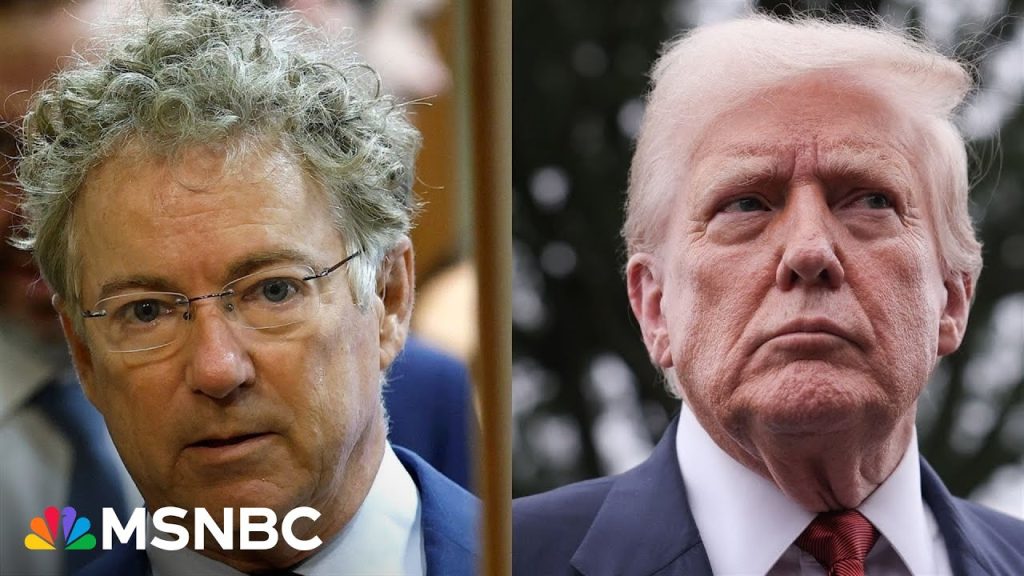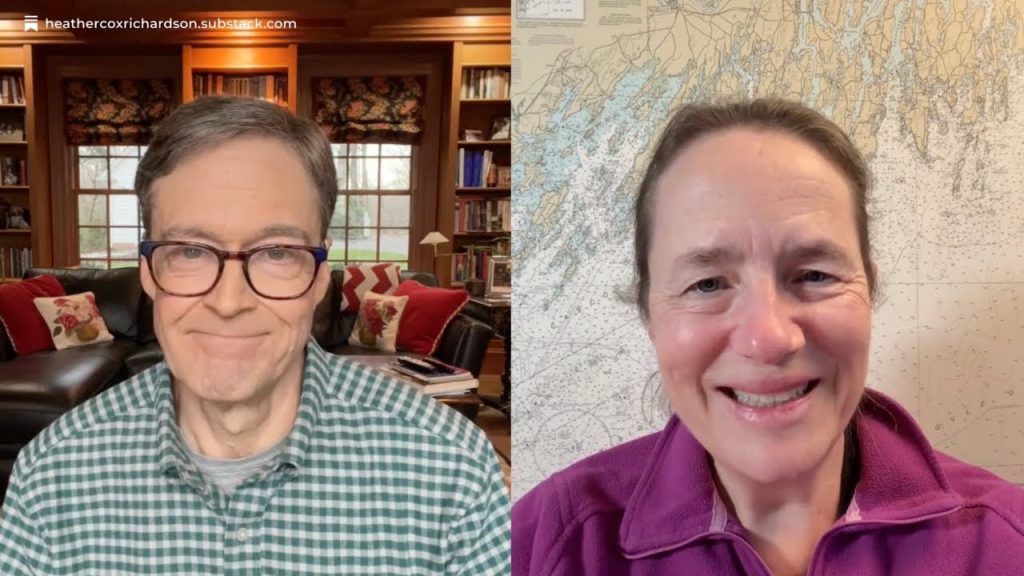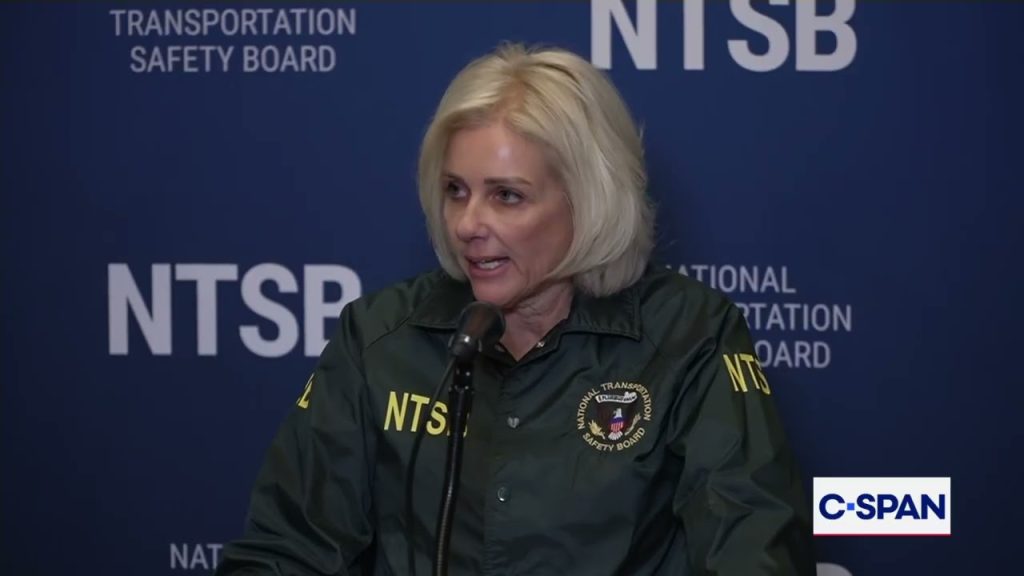Recent developments suggest growing unease among members of the U.S. Congress regarding the apparent lack of detailed information from the White House about military strikes targeting Venezuela. The video title “Members of Congress growing concerned over lack of information from WH about Venezuela strikes” highlights a significant tension between the executive branch and lawmakers over transparency and oversight in foreign policy and military operations.
For decades, Venezuela has been a focal point of geopolitical friction, particularly under the leadership of Nicolás Maduro, whose government the United States has often criticized for alleged authoritarianism, human rights abuses, and economic mismanagement. U.S. administrations have used a combination of sanctions, diplomatic measures, and, at times, covert operations to influence political outcomes in the South American country.
Recently, reports of strikes—presumably military or paramilitary actions—associated with Venezuelan targets or related interests have surfaced, sparking debate in Washington. These actions often raise pressing questions about executive authority, congressional notification requirements, and the delicate balance of power in U.S. foreign policy decision-making.
The U.S. Constitution mandates that the executive branch keep Congress informed, especially regarding acts of war or hostilities. When information about strikes or other military operations is withheld or delayed, it inevitably triggers concerns among lawmakers about oversight, accountability, and the potential for unintended consequences on international stability and U.S. interests.
Moreover, the complexities of Venezuela’s domestic turmoil—ranging from economic collapse to migration crises and regional security risks—compound the urgency for clear communication between the White House and Congress. Lawmakers responsible for appropriations and foreign policy seek thorough briefings to ensure that any engagement is strategically sound and consistent with U.S. values and legal frameworks.
In this context, the reported congressional dissatisfaction underscores broader themes of transparency and democratic governance. The debate also reflects the challenges faced by the U.S. in responding to foreign conflicts that carry significant geopolitical risks, including the involvement of rival powers and the potential for escalation in the Western Hemisphere.
Where to Learn More
- C-SPAN – Comprehensive coverage of congressional hearings and statements
- Reuters Americas – Up-to-date news on Latin American political developments
- U.S. Department of State – Venezuela – Official U.S. policies and statements regarding Venezuela
- Brookings Institution – Latin America & Caribbean – In-depth analysis on U.S.-Latin America relations
- The New York Times – Americas – Investigative reports and expert commentary on regional issues




